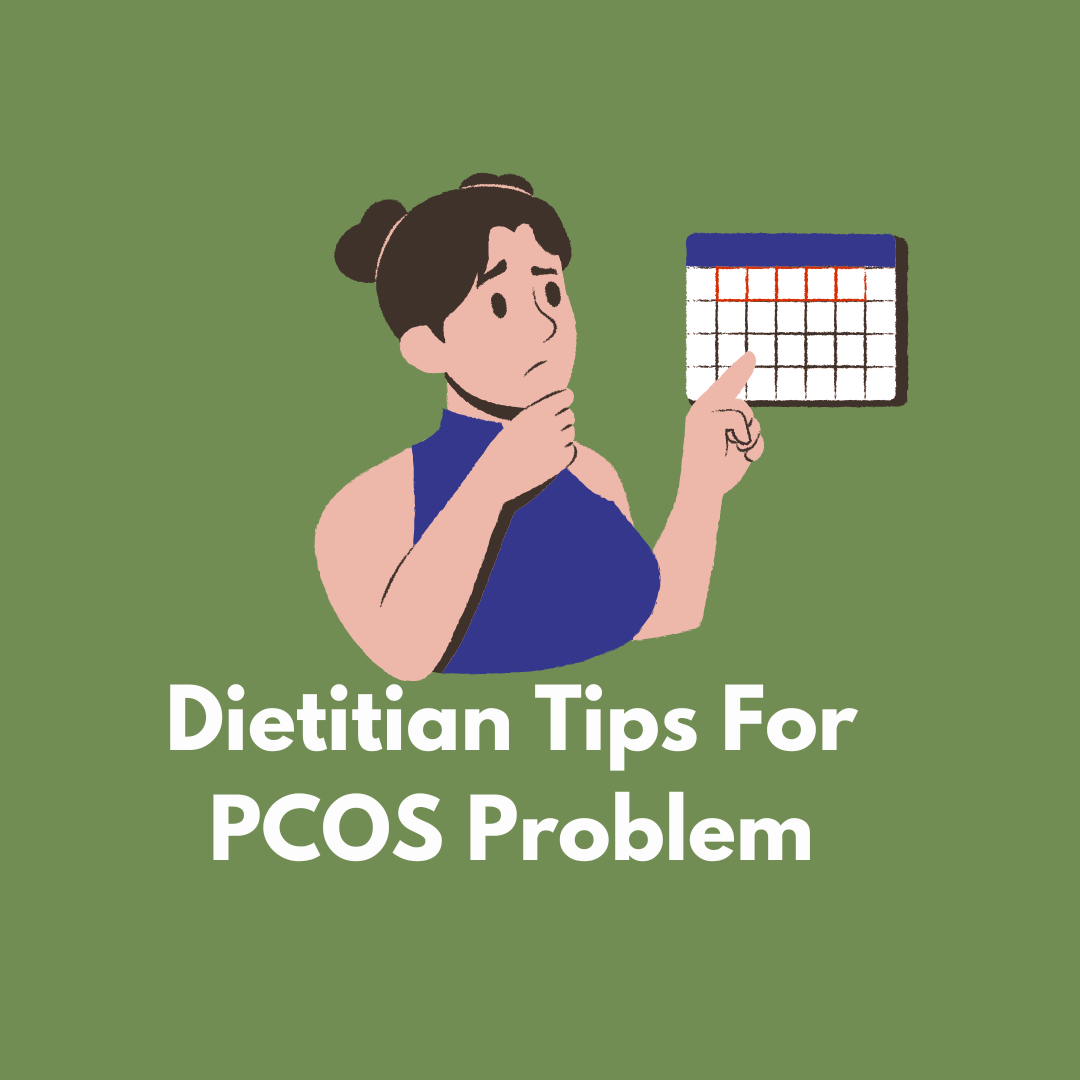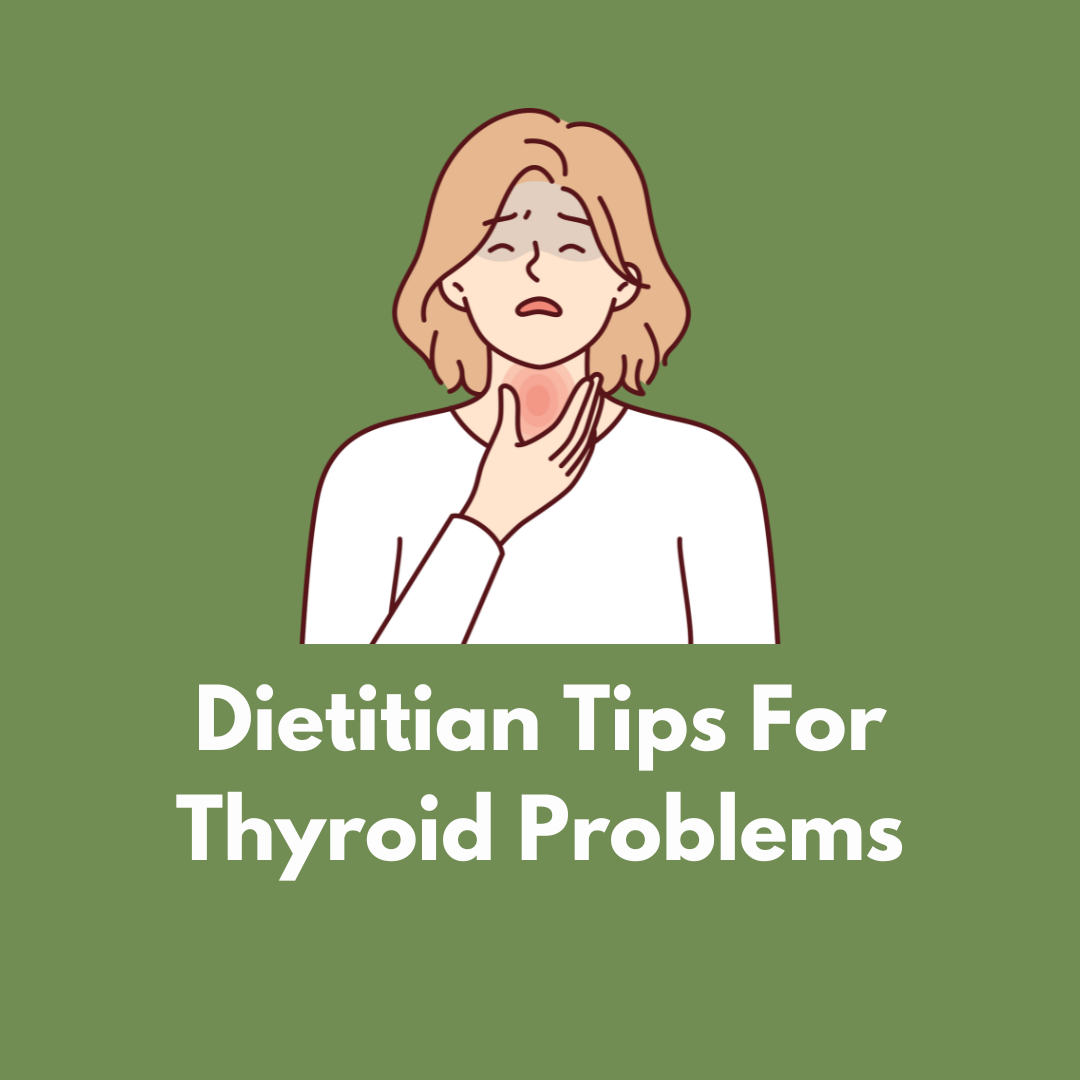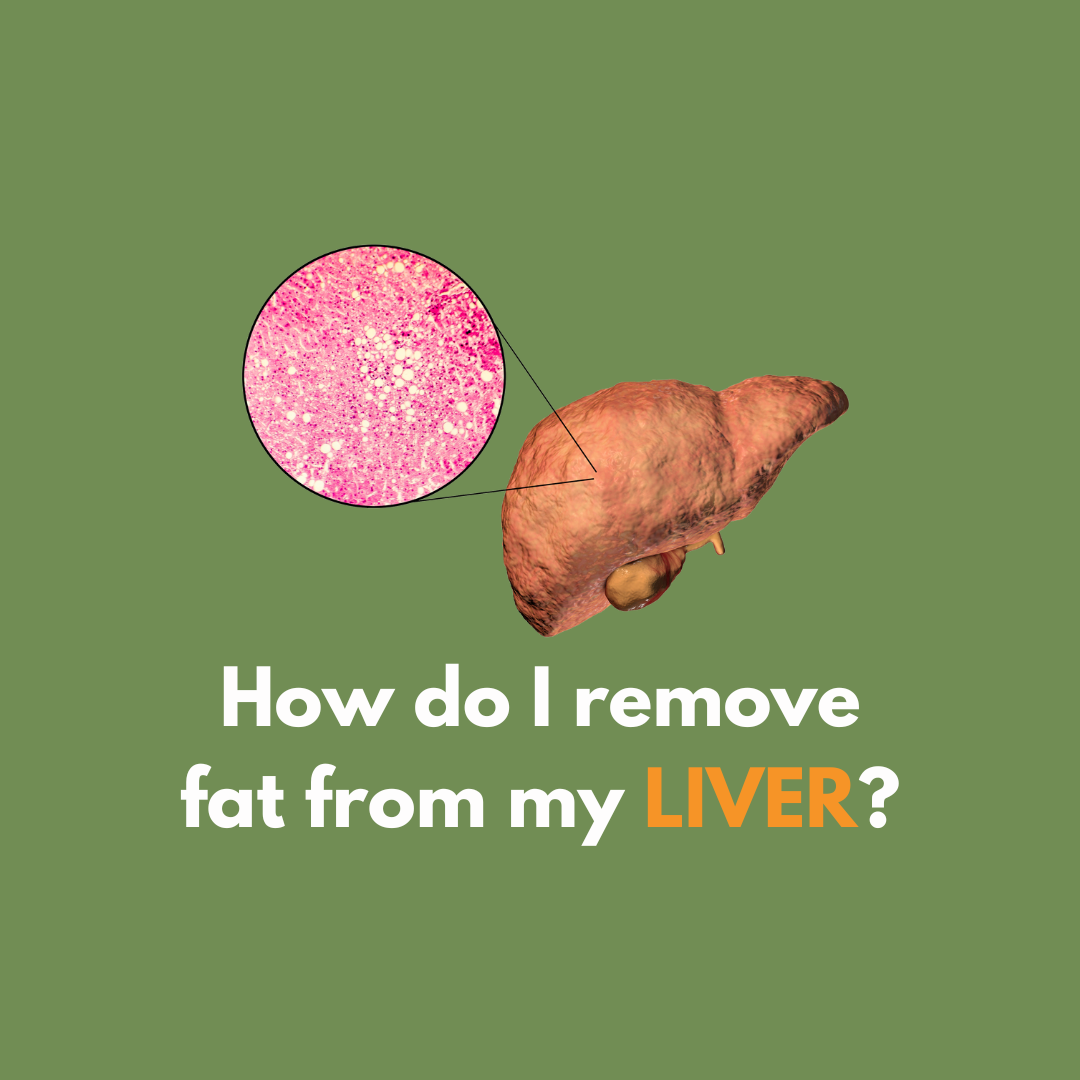We have always been asked not to consume too much fat else you will gain weight or you will become fat. But how many of you know that not all the fats are bad for health? Saying that one should not consume fat at all is not the right thing to do. Because just like other dietary contents like fiber, protein, and carbs, we do need fat too. As fat is also an important part of our diet. We need to understand that not all fats are bad for us. And for that, we should be aware of the Good Fat and Bad Fat. We know it is not very easy to differentiate between good fat and bad fat. Also, we know that it is difficult for us too to segregate between the good fat and bad fat. But once we will know the difference between the two, at least we will be able to avoid some kind of bad fats from our diet.
Good Fats
They are the healthy fats which our body needs and which we should include in our diet. They are also called as Monounsaturated fats and Polyunsaturated Fats. If your food has these kinds of fats present in it, it is good for you, your body, and your cholesterol level.
Monounsaturated Fat – This kind of fat is generally found in different types of oils and different food items which we have shared below. The monounsaturated fat is said to be good for our body’s cholesterol level and is also helpful in reducing the risk of any kind of heart diseases or cardiovascular diseases. Some of the sources of monounsaturated fats are cashews, almonds, almond butter, peanuts, peanut butter, peanut oil, avocado, and olive oil.
Polyunsaturated Fat – These fats are not produced by our body, and that is why their requirement in our body is more. Omega 3 Fatty Acids also come in this type of fat only. This type of fat is also good for your heart, as it reduces the problem of heart diseases and prevents any kind of heart diseases. Also, it is good for your cholesterol level and blood pressure too. The sources of Polyunsaturated fats are flaxseeds, tofu, soybean, soymilk, sunflower seeds, sunflower oil, fish oil, tuna, salmon, trout, sardines, and sesame seeds.
Bad Fats
They are unhealthy fats present in our body, which can lead to different types of diseases. That is why even doctors suggest we keep this kind of fat away from the diet. There are two types of bad fats, that are saturated fat and trans-fat. If we talk about both these fats, we suggest people that they should limit their consumption of saturated fats. And when it comes to the consumption of trans fat, they should completely avoid eating trans-fat.
Saturated Fats – They are mostly found in animal fats only including the dairy products. It is being said that consumption of saturated fat in high quantity can increase bad cholesterol level which is not good for us. They also increase the risk of different types of heart diseases. Some of the sources of bad fats are beef, pork, dark chicken meat, poultry skin, lamb, cocoa butter, cheese, butter, coconut oil, sour cream, whole milk, and ice cream.
Trans Fats – They are said to be the worst fat, your body can have. They are also known as trans fatty acids. They are present in the vegetable oils which are partially hydrogenated. Consumption of these fats should be completely avoided as they can cause different types of health problems like they increase the risk of stroke and different types of heart diseases. They are also responsible for increasing inflammation in our body. They are also responsible for suppressing the HDL Cholesterol (good cholesterol) and increasing the LDL Cholesterol (bad cholesterol). Some of the sources of trans fat are margarine, cookies, pastries, cakes, and other such baked foods, French fries, Doughnuts, and other fried foods. Even they are present in the processed food items also like popcorn and crackers.
Above you have read about both good and bad fats. You also know the different sources of good and bad fats. Apart from that, you do know now, why the good fat is good for us and bad fat is bad for us. So, its time to bring change in our diets and start consuming more of good fats and replacing bad fats from the diet.



